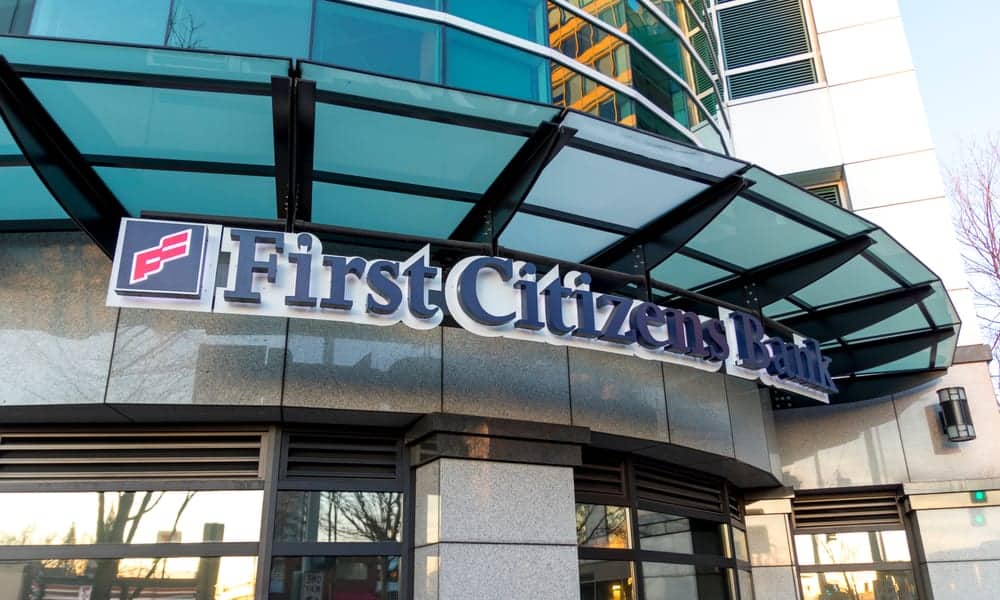Washington, United States— US bank First Citizens said Monday it has agreed to purchase all loans and deposits from Silicon Valley Bank, whose collapse this month sparked global fears about the sector.
SVB, a key lender to the tech industry since the 1980s, became the biggest US bank to fail since 2008 when regulators seized it after a sudden run on deposits.
Regulators created Silicon Valley Bridge Bank from SVB after the collapse, and that entity will be taken over by First Citizens from Monday.
First Citizens said it had agreed to purchase “substantially all loans and certain other assets, and assume all customer deposits and certain other liabilities of Silicon Valley Bridge Bank.”
“The transaction is structured as a whole bank purchase with loss share coverage,” it said in a statement.
It said the 17 former branches of SVB will open on Monday as “Silicon Valley Bank, a division of First Citizens Bank.”
Also read: US banking crisis after SVB fall to have limited impact on Europe: rating agencies
The US Federal Deposit Insurance Corporation (FDIC) said Sunday the transaction covers $119 billion in deposits and $72 billion in assets.
Depositors of SVB will “automatically become depositors of First Citizens Bank,” added the FDIC, which will continue to insure deposits.
Along with the FDIC, the United States Treasury and Federal Reserve had set out plans to ensure SVB customers would be able to access their deposits, while the Fed introduced a new lending tool for banks in an effort to prevent a repeat of SVB’s quick demise.
SVB’s collapse sparked a crisis of confidence among the customers of similarly sized US banks, with many withdrawing their money and depositing it into bigger institutions seen as too big for the government to not bail them out in a crisis.
The turmoil also spread to Europe, where troubled Swiss lender Credit Suisse was taken over by UBS.
Most recently, shares in long-troubled Deutsche Bank fell heavily on Friday on the lender’s surging cost of default cover, reigniting fears about a widening banking sector crisis.
Despite global contagion fears, central banks have pushed on with monetary tightening as they focus on fighting inflation — even though the troubles in the banking sector have been linked to their rate hikes.

